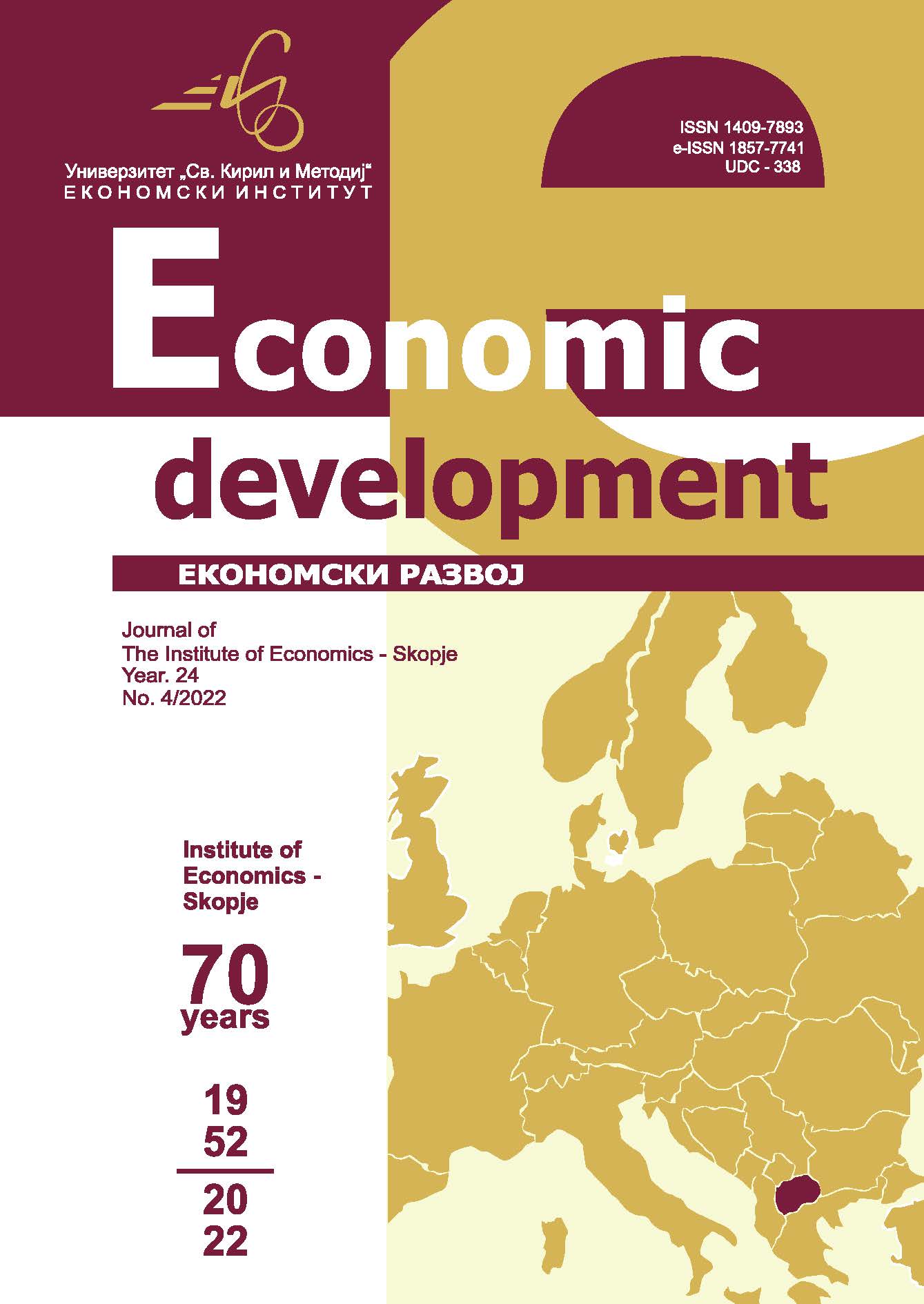MANAGING VIRTUAL TEAMS
MANAGING VIRTUAL TEAMS
Author(s): Ena Petreska TomeskaSubject(s): Economy, Business Economy / Management, Management and complex organizations, Human Resources in Economy
Published by: Економски институт - Скопје
Keywords: virtual teams; collaboration; effectiveness and efficiency
Summary/Abstract: A wealth of research is associated with virtual teams and collaboration technologies; however, no integrated model is available to guide decision-makers at large organizations in the strategic implementation and management of “virtuality”. Changing organizational structures, from traditional hierarchical towards lower and more flexible ones, have made leadersorganize work in new ways. Many organizations are taking advantage of theopportunities to utilize new technologies to become more effective and efficient. One of the newer types of approaches to be used is the “virtual team. ”These are teams that are comprised of members who do not work at the same place or even at the same time. They may be spread across many time zones and may be located all over the world. For the success of virtual teams, it is important to overcome cultural differences, communication barriers, power struggles and conflicts in order to build trust, cooperation and commitment between individuals. Although it sounds difficult, it can be achieved through effective leadership. This paper tries to explain the role of vital elements such as trust, information sharing and communication, in building virtual teams as well as establishing an effective relationship between members.
Journal: Економски Развој - Economic Development
- Issue Year: 24/2022
- Issue No: 4
- Page Range: 160-173
- Page Count: 14
- Language: English

